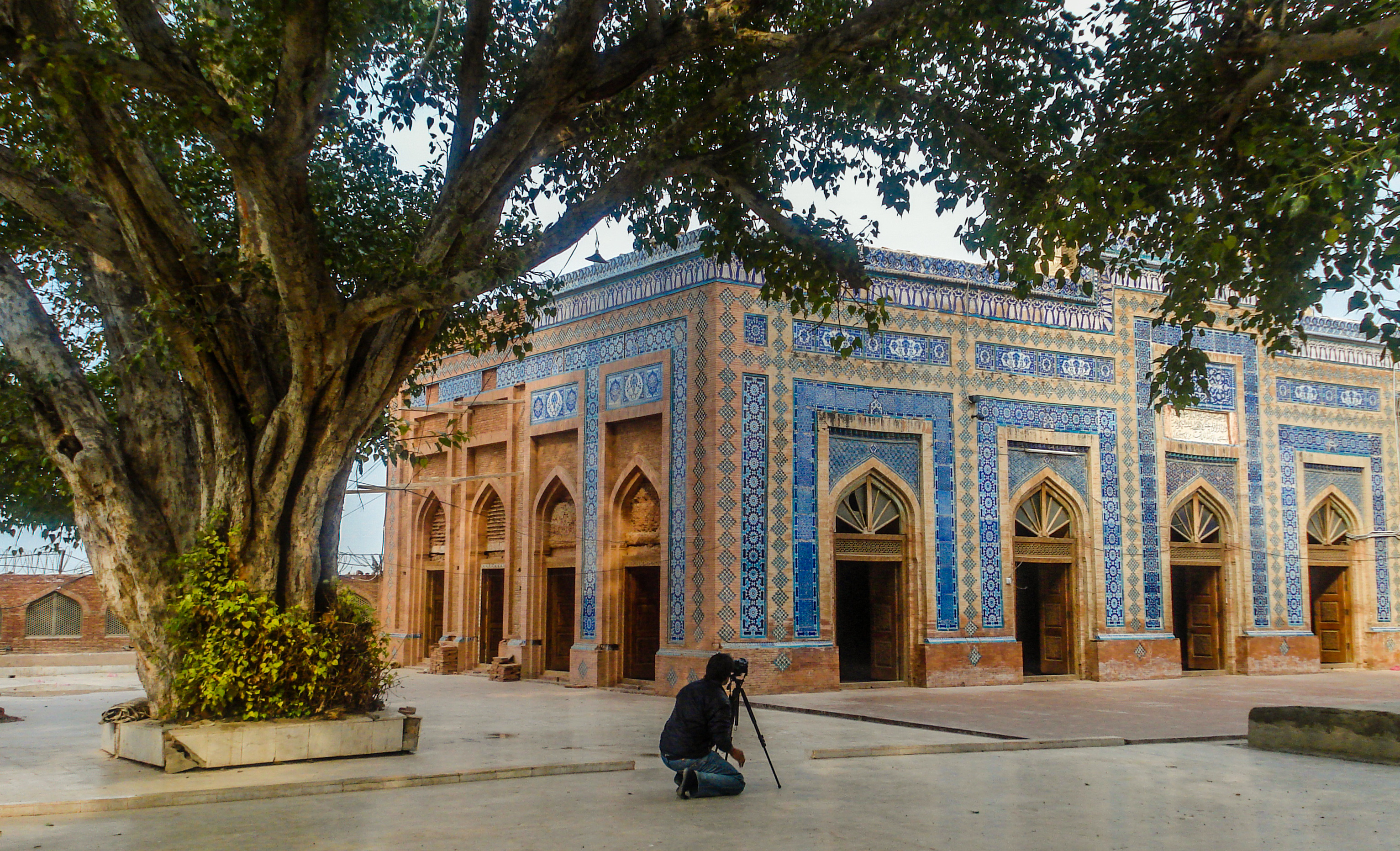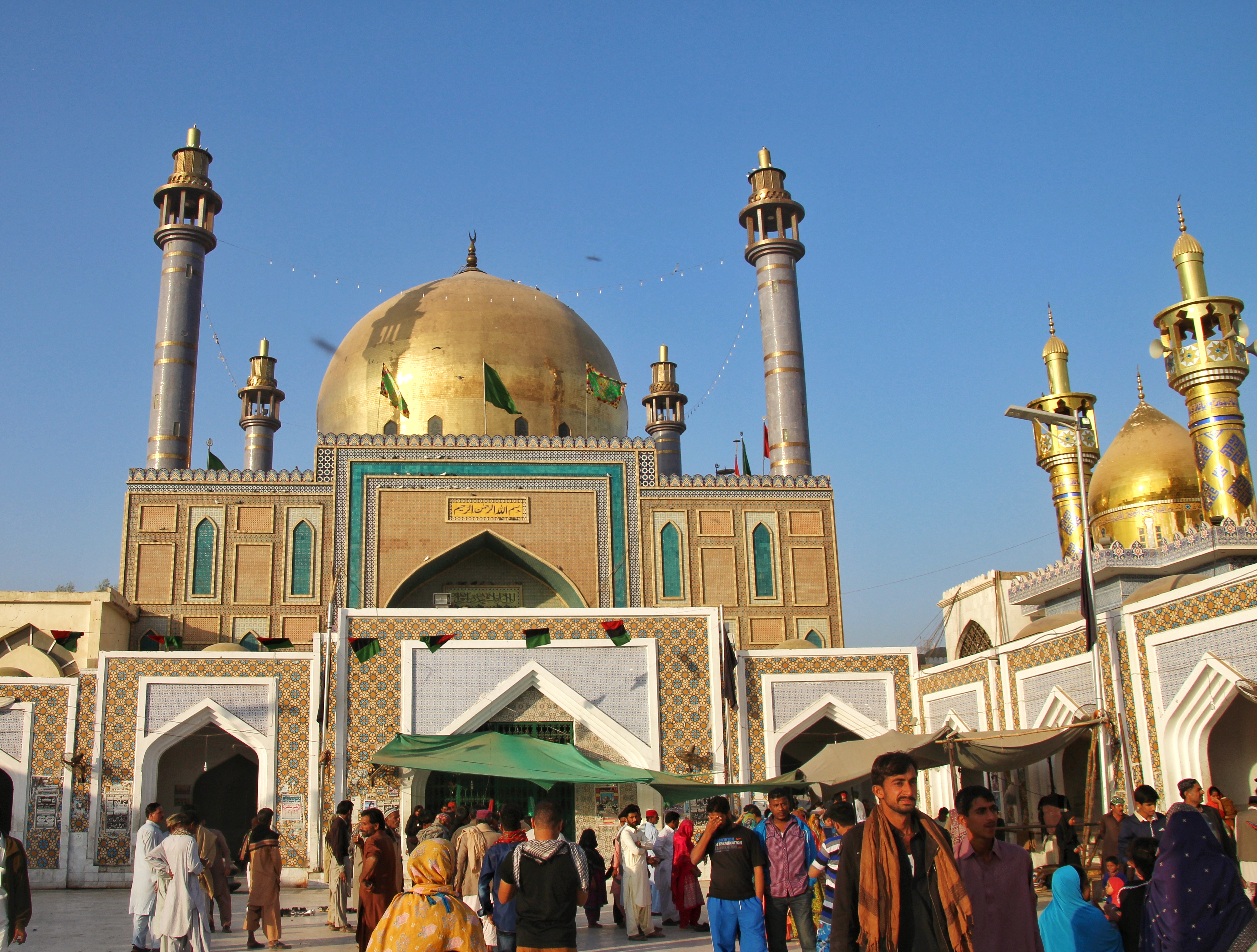Pakistani Sufism on:
[Wikipedia]
[Google]
[Amazon]






, criticalppp.com, Let Us Build Pakistan The
The Islam That Hard-Liners Hate
Pakistan's Sufis Preach Faith and Ecstasy
Sufism in Pakistan – the tolerant antidote?
Mystical Islam 'under threat' in Pakistan
Steeped in ancient mysticism, the passion of Pakistani Sufis infuriates Taliban
The Sufis of India and Pakistan
Sufism and Pakistani society
Why are they targeting the Sufis?
/Sufism-in-Punjab/Sufis faced threatening from punjabi Taliban in Punjab
Difficulties faced by Sufism in Pakistan
{{Sufism by country






Sufism
Sufism ( ar, ''aṣ-ṣūfiyya''), also known as Tasawwuf ( ''at-taṣawwuf''), is a mystic body of religious practice, found mainly within Sunni Islam but also within Shia Islam, which is characterized by a focus on Islamic spirituality, r ...
known as Tasawwuf
Sufism ( ar, ''aṣ-ṣūfiyya''), also known as Tasawwuf ( ''at-taṣawwuf''), is a mystic body of religious practice, found mainly within Sunni Islam but also within Shia Islam, which is characterized by a focus on Islamic spirituality, r ...
in the Arabic-speaking world, is a form of Islamic mysticism that emphasizes introspection and spiritual closeness with the God. It is a mystical form of Islam, a school of practice that emphasizes the inward search for The God and shuns materialism.
Sufi traditions
Most of the Sufis in Pakistan relate to the four main ''tariqa
A tariqa (or ''tariqah''; ar, طريقة ') is a school or order of Sufism, or specifically a concept for the mystical teaching and spiritual practices of such an order with the aim of seeking ''haqiqa'', which translates as "ultimate truth".
...
'' (''silsila
Silsila ( ar, سِلْسِلَة) is an Arabic word meaning ''chain'', ''link'', ''connection'' often used in various senses of lineage. In particular, it may be translated as "spiritual genealogy" where one Sufi Master transfers his ''khil ...
''): Chishti
The Chishtī Order ( fa, ''chishtī'') is a tariqa, an order or school within the mystic Sufism, Sufi tradition of Sunni Islam. The Chishti Order is known for its emphasis on love, tolerance, and openness. It began with Abu Ishaq Shami in Ch ...
, Naqshbandi
The Naqshbandi ( fa, نقشبندی)), Neqshebendi ( ku, نهقشهبهندی), and Nakşibendi (in Turkish) is a major Sunni order of Sufism. Its name is derived from Baha-ud-Din Naqshband Bukhari. Naqshbandi masters trace their ...
, Qadiri
The Qadiriyya (), also transliterated Qādirīyah, ''Qadri'', ''Qadriya'', ''Kadri'', ''Elkadri'', ''Elkadry'', ''Aladray'', ''Alkadrie'', ''Adray'', ''Kadray'', ''Kadiri'', ''Qadiri'', ''Quadri'' or ''Qadri'' are members of the Sunni Qadiri ta ...
-Razzaqi and Suhrawardi.
Contemporary influence
There are two levels ofSufism
Sufism ( ar, ''aṣ-ṣūfiyya''), also known as Tasawwuf ( ''at-taṣawwuf''), is a mystic body of religious practice, found mainly within Sunni Islam but also within Shia Islam, which is characterized by a focus on Islamic spirituality, r ...
in Pakistan. The first is the 'populist' Sufism of the rural population. This level of Sufism involves belief in intercession through saints, veneration of their shrines and forming bonds with a '' pir'' (saint
In religious belief, a saint is a person who is recognized as having an exceptional degree of Q-D-Š, holiness, likeness, or closeness to God. However, the use of the term ''saint'' depends on the context and Christian denomination, denominat ...
). Many rural Pakistani Muslims associate with ''pirs'' and seek their intercession. The second level of Sufism in Pakistan is 'intellectual Sufism' which is growing among the urban and educated population. They are influenced by the writings of Sufis such as the medieval theologian al-Ghazali
Al-Ghazali ( – 19 December 1111; ), full name (), and known in Persian-speaking countries as Imam Muhammad-i Ghazali (Persian: امام محمد غزالی) or in Medieval Europe by the Latinized as Algazelus or Algazel, was a Persian polymat ...
, the Sufi reformer Shaykh Aḥmad Sirhindi and Shah Wali Allah
Quṭb-ud-Dīn Aḥmad Walīullāh Ibn ʿAbd-ur-Raḥīm Ibn Wajīh-ud-Dīn Ibn Muʿaẓẓam Ibn Manṣūr Al-ʿUmarī Ad-Dehlawī ( ar, ; 1703–1762), commonly known as Shāh Walīullāh Dehlawī (also Shah Wali Allah), was an Islamic ...
.
Attacks on Sufi shrines
Sufism
Sufism ( ar, ''aṣ-ṣūfiyya''), also known as Tasawwuf ( ''at-taṣawwuf''), is a mystic body of religious practice, found mainly within Sunni Islam but also within Shia Islam, which is characterized by a focus on Islamic spirituality, r ...
, a mystical Islamic tradition, has a long history and a large popular following in Pakistan
Pakistan ( ur, ), officially the Islamic Republic of Pakistan ( ur, , label=none), is a country in South Asia. It is the world's List of countries and dependencies by population, fifth-most populous country, with a population of almost 24 ...
. Popular Sufi culture is centred on Thursday night gatherings at shrines and annual festivals which feature Sufi music and dance. Most Islamic fundamentalists criticise its popular character, which in their view, does not accurately reflect the teachings and practice of the Prophet and his companions.
Since March 2005, 209 people have been killed and 560 injured in 29 different terrorist attacks targeting shrines devoted to Sufi saints in Pakistan, according to data compiled by the Center for Islamic Research Collaboration and Learning (CIRCLe).a think-tank based in Rawalpindi The attacks are generally attributed to banned militant organisations.Sunni Ittehad Council: Sunni Barelvi activism against Deobandi-Wahhabi terrorism in Pakistan – by Aarish U. Khan, criticalppp.com, Let Us Build Pakistan The
Sehwan Sharif
Sehwan ( sd, سيوهڻ شريف, ur, ; also commonly referred to as Sehwan Sharif or ''Noble Sehwan'') is a historic city located in Jamshoro District of Sindh province in Pakistan and on the west bank of the Indus River, Indus north-west of H ...
shrine was the site of a suicide bombing
A suicide attack is any violent attack, usually entailing the attacker detonating an explosive, where the attacker has accepted their own death as a direct result of the attacking method used. Suicide attacks have occurred throughout histor ...
in 2017 carried out by the Islamic State
An Islamic state is a State (polity), state that has a form of government based on sharia, Islamic law (sharia). As a term, it has been used to describe various historical Polity, polities and theories of governance in the Islamic world. As a t ...
.
See also
*Islam in Pakistan
Islam is the largest and the state religion of the Islamic Republic of Pakistan. As much as 90% of the population follows Sunni Islam. Most Pakistani Sunni Muslims belong to the Hanafi school of jurisprudence, which is represented by the Ba ...
* Sufism in Sindh
Sufism in Sindh covers the tradition of Sufism in Sindh, which is reputed to be an area of mystics. Sindh is famous for the enormous number of saints and mystics who lived there and preached peace and brotherhood.Naz, H., D.R. (2015). Signifi ...
*List of Sufi saints
Sufi saints or Wali ( ar, ولي, plural ʾawliyāʾ أولياء) played an instrumental role in spreading Islam throughout the world. In the traditional Islamic view, a saint is portrayed as someone "marked by pecialdivine favor ... ndholi ...
*Shadhiliyya
The Shadhili Order ( ar, الطريقة الشاذلية) is a tariqah or Sufi order of Sunni Islam founded by al-Shadhili in the 13th century and is followed by millions of people around the world. Many followers (Arabic ''murids'', "seekers") ...
* Kubrawiyyah
References
Bibliography
* De Bruijn, The Qalandariyyat in Persian Mystical Poetry from Sana'i, in ''The Heritage of Sufism'', 2003. * Ashk Dahlén, The Holy Fool in Medieval Islam: The Qalandariyat of Fakhr al-din Araqi, ''Orientalia Suecana'', vol.52, 2004. * Chopra, R. M., "Great Sufi Poets of the Punjab", 1999, Iran Society, Calcutta. * Chopra, R. M., "SUFISM" (Origin, Growth, Eclipse, Resurgence), 2016, Anuradha Prakashan, New Delhi, .External links
The Islam That Hard-Liners Hate
Pakistan's Sufis Preach Faith and Ecstasy
Sufism in Pakistan – the tolerant antidote?
Mystical Islam 'under threat' in Pakistan
Steeped in ancient mysticism, the passion of Pakistani Sufis infuriates Taliban
The Sufis of India and Pakistan
Sufism and Pakistani society
Why are they targeting the Sufis?
/Sufism-in-Punjab/Sufis faced threatening from punjabi Taliban in Punjab
Difficulties faced by Sufism in Pakistan
{{Sufism by country